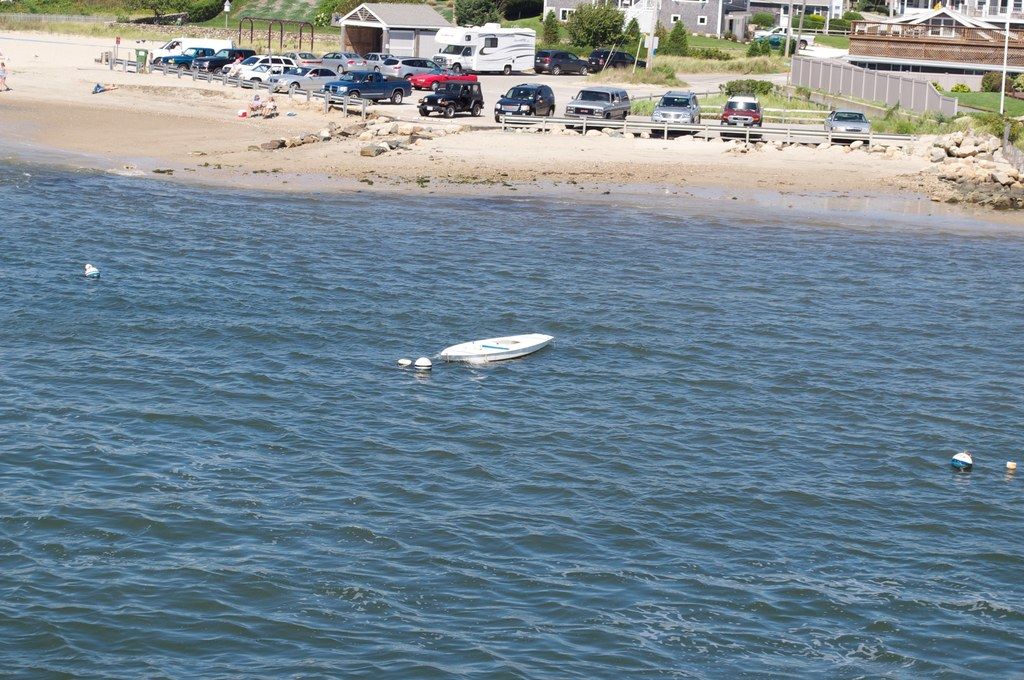Will the dismissals of senior military judges impact the significance of legal counsel in the armed forces?
In a surprising move, President Donald Trump and Defense Secretary Pete Hegseth relieved several high-ranking military officials, including the Chair of the Joint Chiefs, the Chief of Naval Operations, and the Vice Chief of Staff for the Air Force. More notably, the top Judge Advocates General (JAGs) from each military department were also dismissed.
Lt. Gen. Charles L. Plummer, the Air Force's top military lawyer since 2022, and Army Lt. Gen. Joseph B. Berger III were among those removed. This decision followed the retirement of the Navy's top JAG, Vice Adm. Christopher French, just weeks prior. As a result, all three top JAG positions are currently vacant.
Defense Secretary Hegseth has stated that he plans to "open up" the process to find replacements for these positions. In an interview with Fox News on Feb. 23, Hegseth explained, "We want lawyers who give sound constitutional advice and don't exist to attempt to be roadblocks to anything-anything that happens in their spots."
The removal of these top legal officers has sparked debate, with critics suggesting that the lawyers were removed due to their role in determining when and how targets could be engaged. Hegseth has maintained that the goal is to find the best possible lawyers to provide the best possible recommendations to lawful orders, stating, "We didn't think those particular positions were well suited, and so we're looking for the best."
Retired Lt. Gen. Richard C. Harding, who served as TJAG of the Air Force from 2010 to 2014, stated, "One is led to believe that those JAGs were in the way of what Secretary Hegseth and others want to accomplish."
In addition to their role in targeting decisions and the rules of engagement, JAGs also provide legal counsel on international law. They help ensure that military actions adhere to legal boundaries, minimize civilian harm, limit collateral damage, and treat prisoners humanely.
While the Trump administration maintains the right to develop and implement policies it prefers, the removal of these top JAGs has fueled concerns about the importance of legal oversight within the military. Retired Maj. Gen. Charles J. Dunlap, Jr., who served as deputy TJAG of the Air Force from 2006 to 2010, wrote on his Lawfire blog that, "While the administration has the right to develop and implement policies it prefers, to be crystal clear, JAGs advise on [rules of engagement], but it is the product of civilian and military leaders' decisions."
Secretary Hegseth also announced that in moving forward, the positions would be downgraded from three-star to two-star billets. Harding expressed concern that this could "marginalize the value of TJAGs and their advice." The TJAG position, previously a two-star billet, was elevated to a three-star level in 2006, following various controversies over detainee treatment during the wars in Iraq and Afghanistan. Sen. Lindsey Graham (R-S.C.), a former Air Force JAG, pushed for this change, arguing that TJAGs' legal advice was not reaching the highest levels of government due to their previous position as two-star officers.
As of now, the administration has not provided further details on its selection process or plans for these positions, which are currently held by acting TJAGs. Retired Col. Don Christensen, former chief prosecutor for the Air Force, stated, "Dismissing JAG officers doesn't change the rules, but it can degrade the quality of the legal advice that commanders receive."
In contentious legal environments, it is essential for JAGs to provide independent legal counsel to senior military leaders. If their role were diminished or filled by less experienced lawyers, it could potentially lead to unlawful orders or violations of the law of war.
This move, along with others made by the Trump administration, has raised concerns about political influence in the military and the importance of adhering to legal and ethical standards. As the administration continues to evolve its policies and leadership, it is crucial for military legal experts to retain their independence and ability to advise commanders effectively.
- The removal of top Judge Advocates General (JAGs) from each military department, including Lt. Gen. Charles L. Plummer and Army Lt. Gen. Joseph B. Berger III, has sparked debate about the role of legal oversight within the military.
- Defense Secretary Hegseth plans to "open up" the process to find replacements for these positions, stating the need for lawyers who provide sound constitutional advice without attempting to be roadblocks to anything.
- The vacant positions, traditionally held by three-star officers, have been downgraded to two-star billets, raising concerns that this could marginalize the value of TJAGs and their advice.
- Critics suggest that the top JAGs were removed due to their role in determining when and how targets could be engaged, but Hegseth maintains that the goal is to find the best possible lawyers to provide the best possible recommendations to lawful orders.
- JAGs provide legal counsel on international law, helping ensure that military actions adhere to legal boundaries, minimize civilian harm, limit collateral damage, and treat prisoners humanely.
- The move has fueled concerns about political influence in the military and the importance of adhering to legal and ethical standards, as the administration evolves its policies and leadership.





